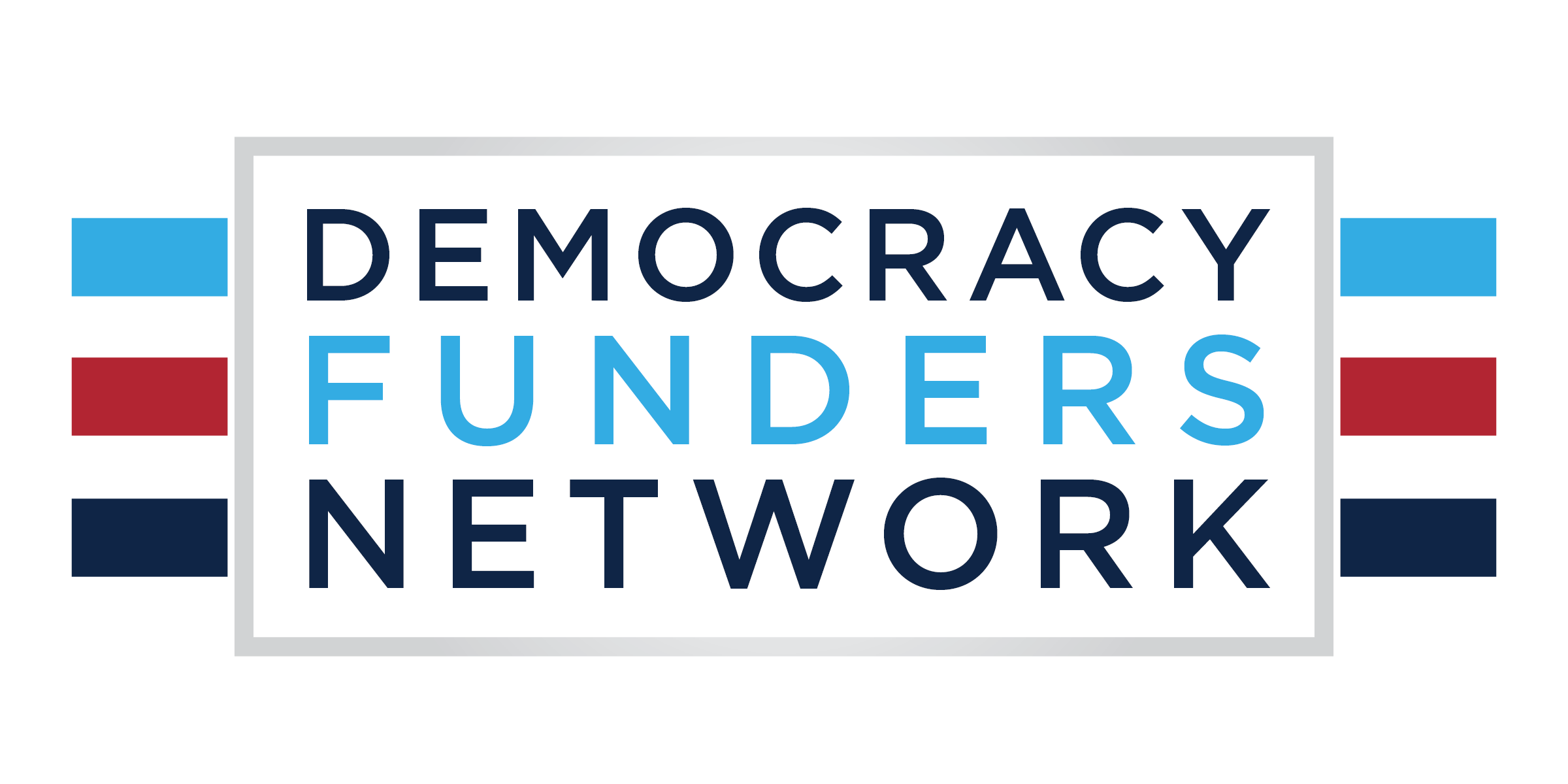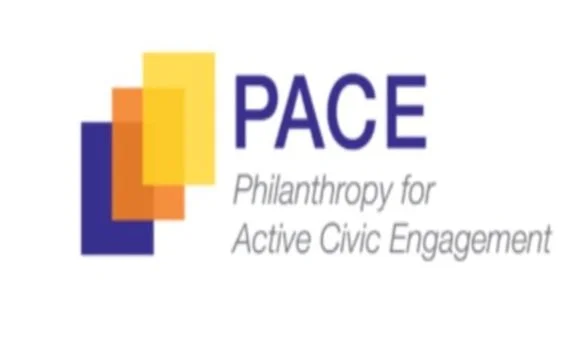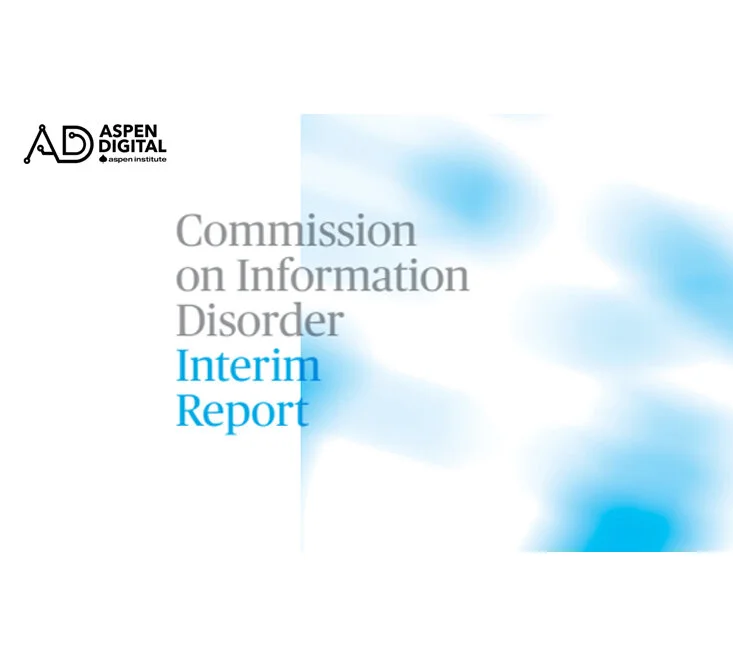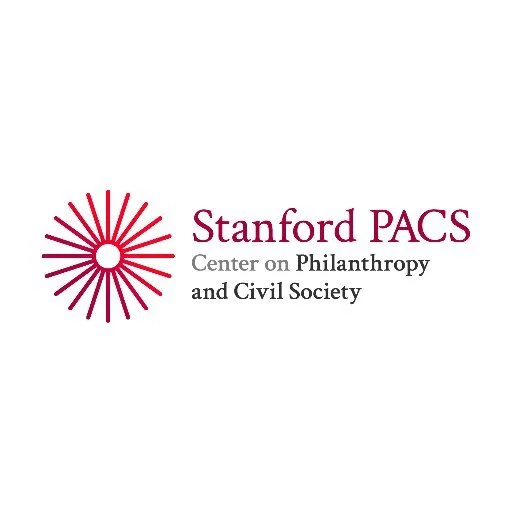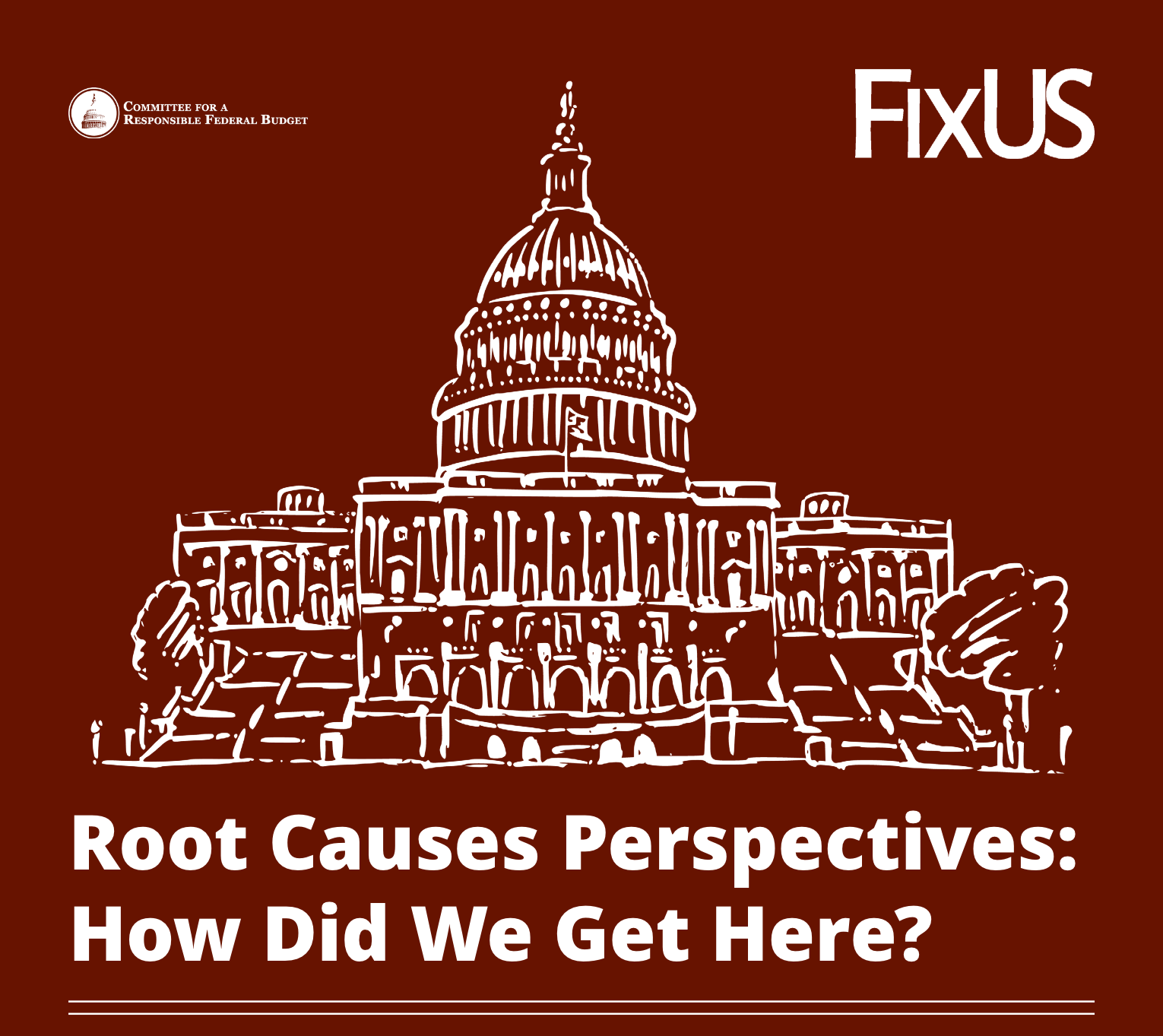With U.S. democracy in crisis, guest contributors Mike Berkowitz and Rachel Kleinfeld argue that philanthropy cannot stick to its usual playbook. They outline five ways funders can improve how they approach this work.
PACE’s Civic Language Perceptions Project seeks to understand peoples’ perceptions of the language associated with civic engagement and democracy work.
PACE seeks to advance liberal democracy’s ideals and our vision is one in which all Americans are informed and empowered to contribute to civic life. To do so, we need to understand what perceptions and associations exist related to “civic and democracy work,” and how these terms and concepts resonate (or don’t), so that we can work more inclusively, effectively, and constructively.
That’s why PACE conducted an updated, nationally representative survey of 5,000 Americans as step 1 into a larger process of inquiry and discovery. The exploration of this data– and what it means for our collective work– is only just beginning. And we can’t (and shouldn’t) do it alone. PACE invite others who are working to advance the principles, values, and norms of liberal democracy to see the data as theirs to explore, to probe, to ask questions, to make meaning, and ultimately, to improve our shared efforts of increasing civic engagement and strengthening democracy.
Are internet technologies doing more harm than good to our democracy? And what – if anything – should lawmakers do about it?
Because these questions are critical to U.S. elections, democracy and public health, Gallup and Knight Foundation sought American views on the way forward.
Surprisingly, Americans’ opinions did not always follow party lines when it comes to Internet regulation. In fact, half of Americans occupy a diverse middle ground, a new Gallup/Knight survey of 10,000 adults found, offering a new lens on the national conversation on free expression online.
Earlier this year, Citizen began comprehensive quantitative and qualitative analysis of the modern American Right, examining attitudes towards Authoritarianism, QAnon, Voting & Elections, COVID-19, and Climate Change.
This report summarizes our findings and affirms our initial hypothesis that while political polarization puts our democracy at increasing risk, opportunities exist for Citizen partners to reach pragmatic voters on the Right and engage them in efforts to strengthen democracy and address other pressing national issues. READ MORE>
Aspen Institute’s Commission on Information Disorder aims to identify and prioritize the most critical sources and causes of information disorder and deliver a set of short-term actions and longer-term goals to help government, the private sector, and civil society respond to this modern-day crisis of faith in key institutions. The Commission has identified three priorities for which it will develop recommendations in the second stage of its work: (1) reducing harms, (2) increasing transparency and understanding, and (3) building trust. This document is The Commission’s Interim Report for 2021. READ MORE>
Democracy is under severe threat in the United States and around the world, but figuring out how to use your financial resources to protect and sustain American democracy is no easy feat. For one thing, the decline of democracy is an incredibly complex challenge with a multitude of domestic and global drivers. Not only is the problem multi-causal, but the potential solutions are manifold as well. Finally, there are dozens of organizations in the field—many with similar-sounding names—and a plethora of networks, pooled funds, and other resources designed to engage donors on this issue.
What is an aspiring democracy funder to do? READ MORE>
Everyday Americans and political insiders alike have become increasingly concerned with the dangerous levels of division, governmental dysfunction, and public distrust in our country. These trends had been intensifying for several years, and were on display in stark terms this past year in the midst of numerous domestic crises. Our country’s responses to COVID-19, widespread civil unrest, and the January 6 storming of the Capitol each highlighted the seriousness of the situation. READ MORE>
A shift toward online news consumption, combined with greater political polarization, has altered the media landscape. As part of its Trust, Media and Democracy initiative, the John S. and James L. Knight Foundation partnered with Gallup to create NewsLens — an experimental platform and news aggregator first developed in 2017 to facilitate novel research on how people interact with the news online in a manner that offers insights to academics, technology policymakers and journalists. In this report, Gallup examines data gathered through NewsLens during the 2020 presidential campaign to asses how much partisanship influences the way people engage with news content and whether common ground still exists over which stories are considered good journalism. READ MORE>
This rapid issue brief, based on DFN's research and conversations with experts, practitioners, and experienced funders, will help donors get oriented to the current state of the field and explore frameworks for using their resources to combat disinformation. The report includes detail on strategies to combat disinformation by increasing accountability for creators and purveyors of disinformation, building healthier media ecosystems, and increasing public resilience to disinformation. READ MORE>
The Knight Foundation’s new report “Healthy Local News & Information Ecosystems: A Diagnostic Framework,” presents an approach to assessing the health of local news ecosystems tested and refined across nine U.S. communities of various sizes. Accompanying the report is a playbook and toolkit designed to help funders and other community organizations evaluate strengths and opportunities in their locale. READ MORE>
If the world is going to stop deliberate or unintentional misinformation and its insidious effects, we need to radically expand and accelerate our counterattacks, particularly human-centered solutions focused on improving people's media and information literacy. READ MORE>
Steven Waldman discusses why philanthropy should be a persistent, ongoing source of income for local news, alongside subscriptions and advertising, the two primary sources of local news support to date. READ MORE>
The Election Integrity Project’s final comprehensive report on voting-related mis- and disinformation in the 2020 election includes insights on significant narratives that shaped 2020; how misinformation progressed from incidents, to narratives, sometimes to conspiracies; how the social media ecosystem was leveraged; tactics and patterns; “repeat spreaders”; and how policy shapes propagation. READ MORE>
Julie Sandorf of the Charles H. Revson Foundation discusses how pooled funds or giving circles to support local media could make a big difference in the media environment. READ MORE>
Steven Waldman on the importance of philanthropic support for local news. READ MORE>
Joe Goldman on how philanthropy can support the fight for a more open and just democracy. READ MORE>
Mike Scutari on how philanthropy can continue and deepen efforts to curb misinformation in the coming years. READ MORE>
